Disclosure: This article contains affiliate links. We may earn a commission from purchases at no extra cost to you, which helps our travel content.
As someone who's navigated public transit systems across three continents, I can tell you that the Mount Vernon-NYC commute has its own unique rhythm. Moving from Limerick's modest public transport to this intricate network reminded me of my childhood transitions between Bangalore's bustling routes and my father's stories of Dublin's systems. Whether you're a daily commuter or weekend visitor, this guide breaks down your options with the precision my police training demands—and the cultural appreciation my calligraphy practice has taught me.
Metro-North Railroad: Your Express Connection
The Metro-North Railroad serves as the backbone of the Mount Vernon-NYC commute, with two lines offering service: the Harlem Line from Mount Vernon West and the New Haven Line from Mount Vernon East. During my recent business trip investigating EV infrastructure expansion, I relied heavily on this service and found it remarkably efficient.
The Harlem Line from Mount Vernon West station takes approximately 25-30 minutes to Grand Central Terminal, with trains running frequently during peak hours (every 15-20 minutes). The New Haven Line from Mount Vernon East offers similar timing but with slightly less frequency. Both stations provide ticket machines, but I recommend downloading the MTA eTix app for convenience—it's saved me countless times when rushing to meetings.
I've noticed that carriages are typically cleaner and less crowded than comparable systems in Dublin or London, though peak commuter hours (7:30-8:30 AM inbound, 5:30-6:30 PM outbound) can get quite packed. If you're carrying important documents or equipment, consider a waterproof document holder to protect against unexpected rain between stations.
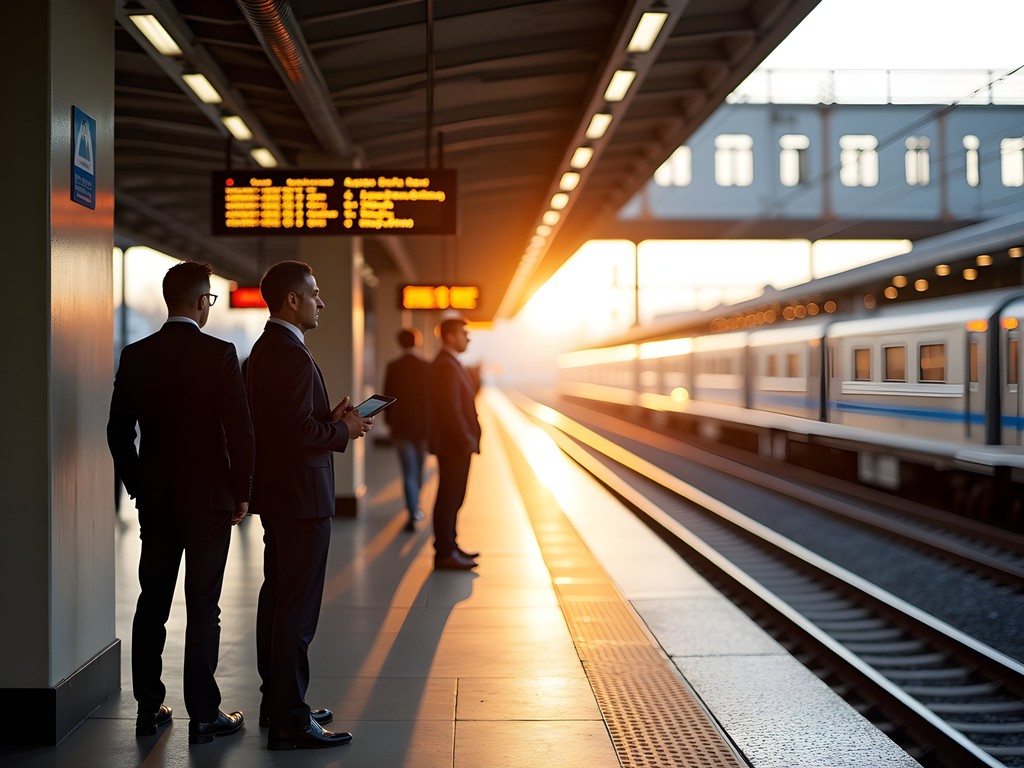
💡 Pro Tips
- Purchase a 10-trip ticket for better value if staying multiple days
- Sit in the middle carriages for fastest exit at Grand Central
- Check MTA's TrainTime app for real-time updates and track changes
Subway Connections: The Final Stretch
Once you arrive at Grand Central Terminal, you're plugged into NYC's vast subway network. As someone who's studied transit security protocols professionally, I appreciate the improved safety measures implemented in recent years, though I still maintain the same situational awareness I would in Dublin or Bangalore.
From Grand Central, you can access the 4, 5, 6, 7, and S lines directly. The 4, 5, and 6 (green) lines run north-south along Lexington Avenue, perfect for reaching East Side destinations. For Midtown West or Times Square, take the S shuttle or 7 train. For Lower Manhattan, Brooklyn, or the West Side, you'll need to transfer to other lines.
During my last visit documenting EV charging stations across the boroughs, I relied heavily on the transit navigation app which proved invaluable for real-time rerouting when lines experienced delays. The MTA's OMNY contactless payment system now accepts most credit cards and mobile wallets, eliminating the need to purchase a separate MetroCard unless you're staying for an extended period.
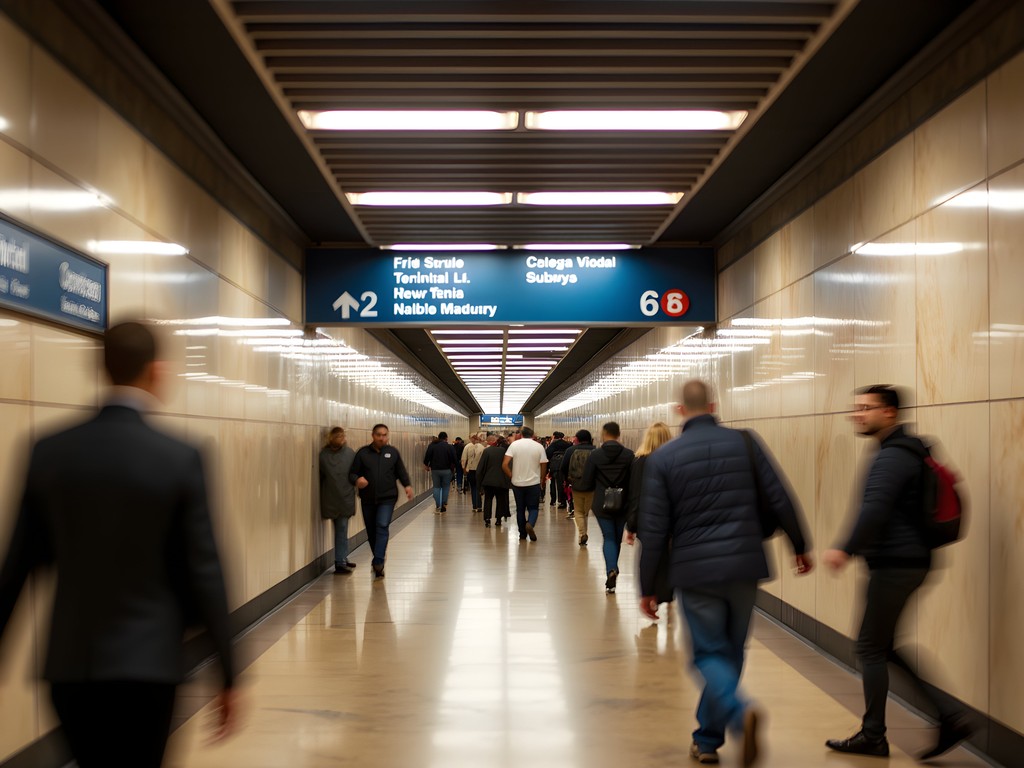
💡 Pro Tips
- Stand away from subway platform edges—my police instincts always notice how many commuters ignore this basic safety rule
- Keep your MetroCard or payment method readily accessible to avoid holding up lines
- During rush hour, remove backpacks and place them between your feet to create more space
Bee-Line Bus System: The Budget-Friendly Alternative
The Westchester County Bee-Line Bus System offers a more economical—albeit slower—alternative to the Metro-North. Routes 7 and 41 connect Mount Vernon to the Bronx, where you can transfer to NYC subway lines.
During my investigation of accessible transportation options last autumn, I spent three days exclusively using this network. Bus 7 runs along Sandford Boulevard to Yonkers and the 241st Street subway station (terminus of the 2 line). Bus 41 travels via White Plains Road to the 241st Street station as well. From there, the 2 train takes you directly into Manhattan, though expect the total journey to take 60-90 minutes depending on transfers and time of day.
The Bee-Line accepts MetroCards, providing free transfers to NYC buses and subways. This integration makes it particularly valuable for budget travelers. For comfort during potentially long waits at bus stops, I recommend a compact folding seat that's been my savior during extended public transit journeys across three continents.
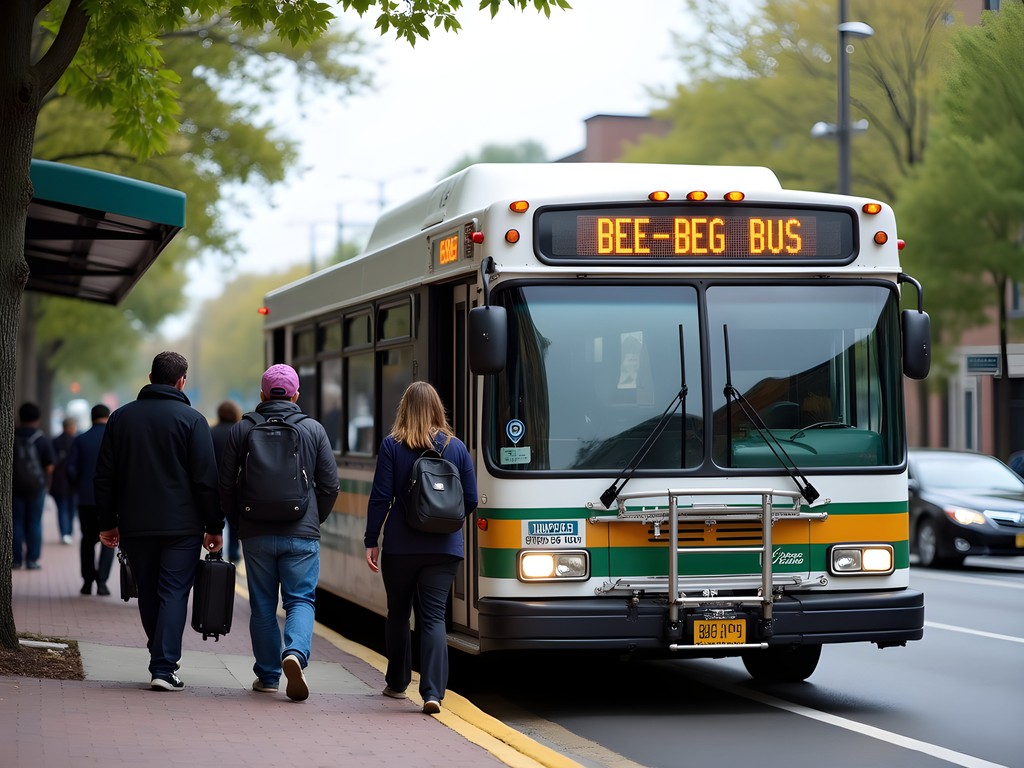
💡 Pro Tips
- Board buses at the front and exit from the rear doors when possible
- Signal your stop request early by pressing the strip or pulling the cord
- For safety after dark, choose seats near the driver
EV Commuters: Charging Infrastructure
As both an EV owner and someone who's documented charging infrastructure across Ireland and now parts of the US, I was pleasantly surprised by Mount Vernon's growing charging network. For those combining public transit with electric vehicles (perhaps driving to stations), there are several convenient options.
The Mount Vernon City Hall parking lot features four Level 2 ChargePoint stations, while the Gramatan Avenue municipal lot has recently added two DC fast chargers. When commuting into NYC, I've found the charging station locator to be an essential investment for planning purposes. The device not only charges my vehicle at home but provides real-time updates on public station availability.
For NYC itself, I recommend utilizing garage charging stations rather than street-level ones, which are frequently occupied. The Edison ParkFast locations offer reliable charging, as do several Icon Parking garages. Just be prepared for Manhattan parking rates, which make Ireland's highest fees look reasonable by comparison!
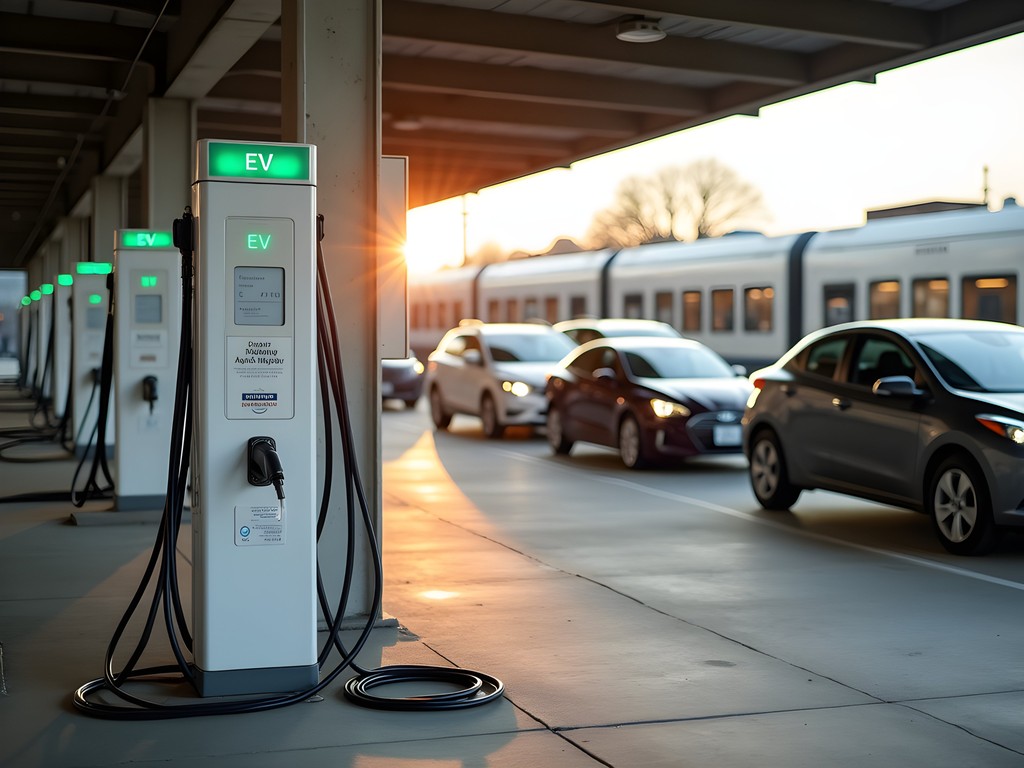
💡 Pro Tips
- Reserve charging spots via apps when possible to ensure availability
- Combine charging with your workday to maximize efficiency
- Consider overnight charging at your accommodation if staying in Mount Vernon to avoid NYC charging costs
Safety Considerations for Business Travelers
My dual perspective as both a police officer and solo female traveler has made safety assessment second nature. The Mount Vernon-NYC commute is generally safe, but awareness remains important—just as it would be in Dublin or Bangalore.
When traveling during off-peak hours (particularly after 10 PM), I recommend positioning yourself near the conductor on Metro-North trains. In Grand Central and subway stations, stay in well-lit, populated areas. The MTA's Help Points (blue light stations) provide direct communication with transit staff in emergencies.
For business travelers carrying laptops and sensitive documents, I suggest a anti-theft backpack with RFID blocking and slash-resistant materials. During my recent trips documenting transit infrastructure, this provided peace of mind when navigating crowded platforms.
If working late, consider using the Metro-North's later express trains rather than local services when possible. The last trains from Grand Central to Mount Vernon typically run around 1-2 AM, but confirm schedules as they change seasonally.
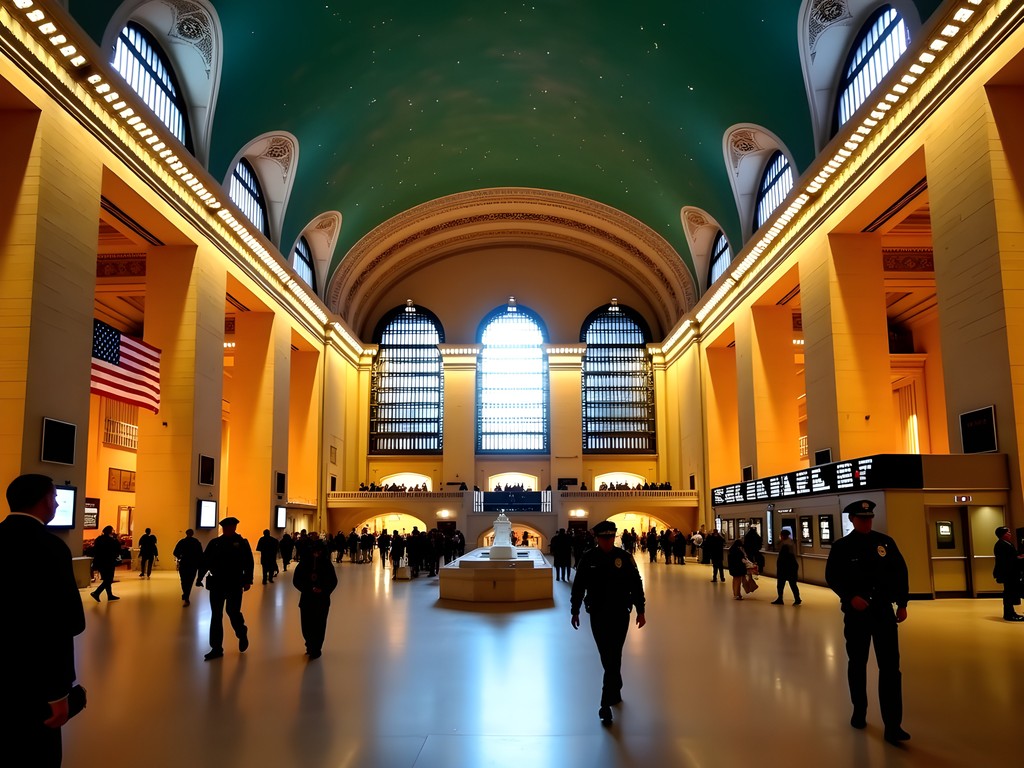
💡 Pro Tips
- Share your transit plans and expected arrival times with colleagues or family
- Keep valuables concealed when on public transit
- Maintain awareness at station entrances and exits, particularly at night
Final Thoughts
Navigating between Mount Vernon and NYC represents a perfect blend of suburban calm and urban connectivity—a balance that reminds me of my transitions between Bangalore's bustle and Ireland's quieter rhythms. The transit system, while not without flaws, offers business travelers reliable options that can be tailored to your schedule, budget, and comfort preferences. As someone who's documented transit systems across continents, I find the Metro-North particularly impressive for its reliability, while the integrated subway and bus networks provide the flexibility that modern business travel demands.
I encourage you to experiment with different routes and modes during your stay—perhaps taking the train in the morning when time is tight, but enjoying the more scenic (and economical) bus-to-subway route when your schedule permits. And remember, the commute itself offers valuable decompression time between meetings. I've completed some of my best calligraphy practice during these transitions, finding that the gentle rhythm of the train provides the perfect backdrop for mindful creativity after intense business engagements.
✨ Key Takeaways
- Metro-North provides the fastest option at 25-30 minutes to Grand Central
- Budget travelers should utilize the Bee-Line to subway connection for significant savings
- EV commuters have growing charging options in both Mount Vernon and Manhattan
- Off-peak travel requires additional safety awareness, particularly after 10 PM
📋 Practical Information
Best Time to Visit
year-round
Budget Estimate
$15-30 daily for transportation
Recommended Duration
30-90 minutes each way
Difficulty Level
Easy

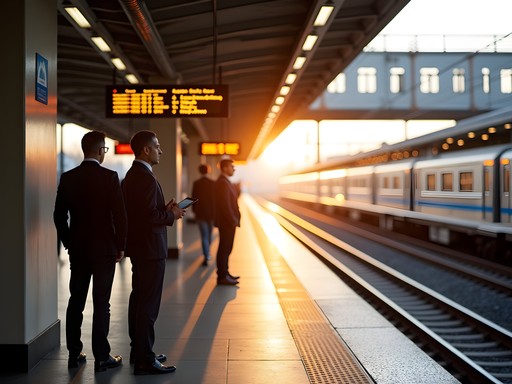
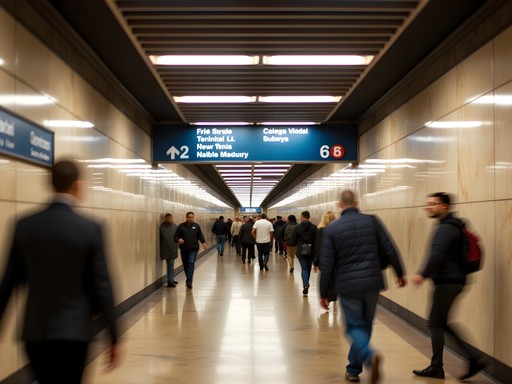
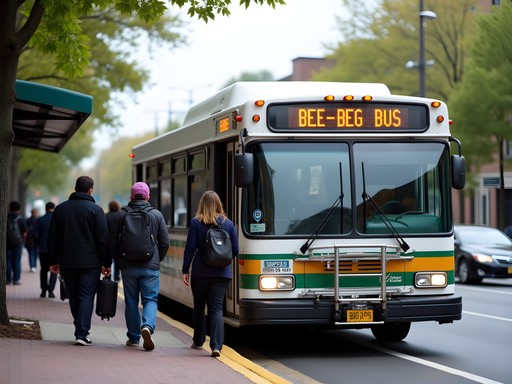
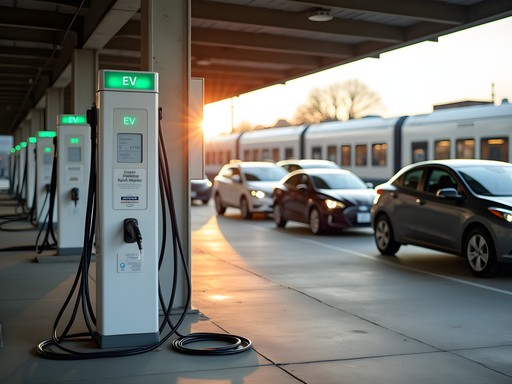
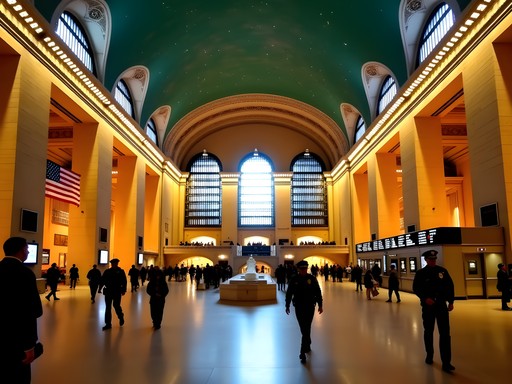



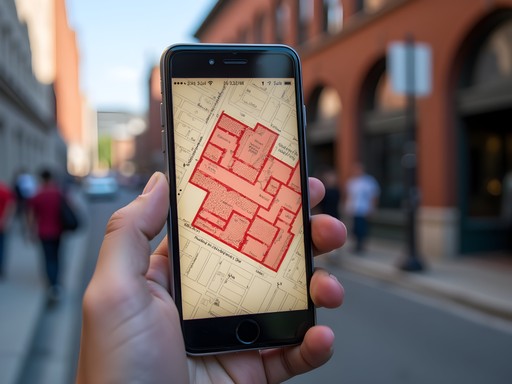
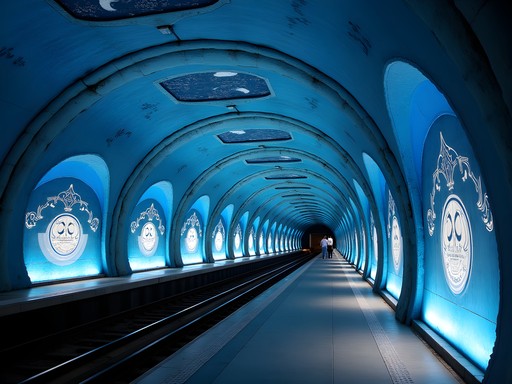
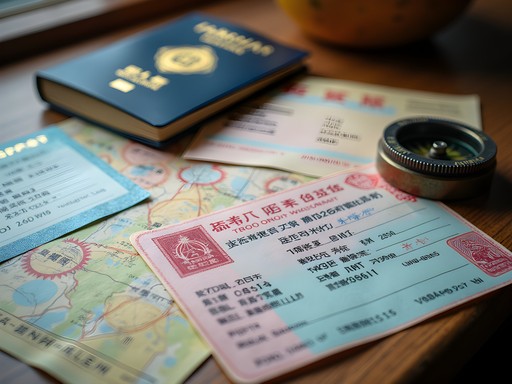
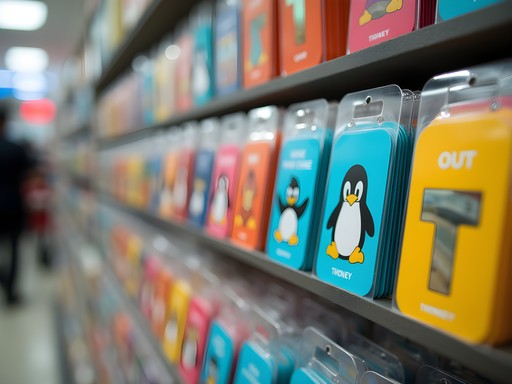
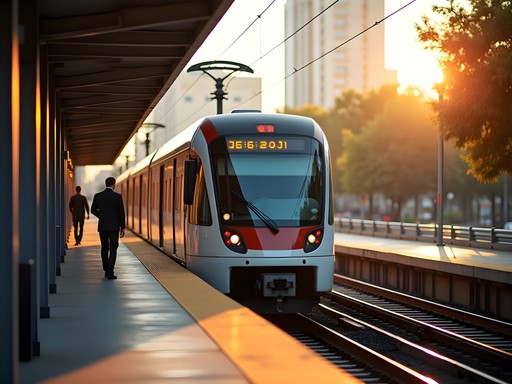
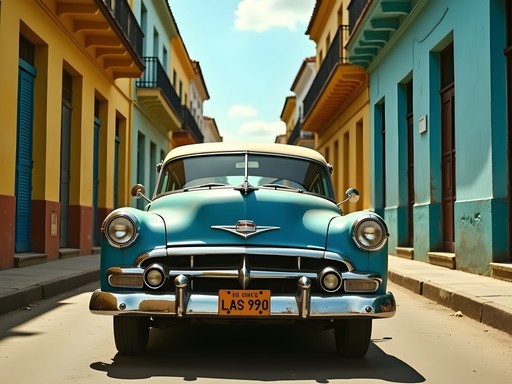
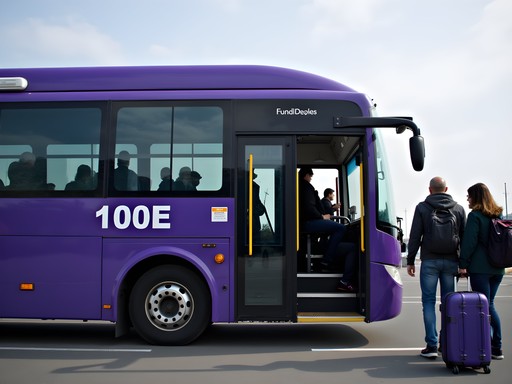
Comments
bluetime1391
THANK YOU for mentioning the EV charging stations! Just got my first electric car and was stressing about the commute. Those Level 2 chargers at the Mount Vernon East garage are exactly what I needed to know about! Has anyone tried the new express bus service they launched last month? Wondering if it's any faster than the regular Bee-Line during rush hour.
Mason Sullivan
Violet, as someone who's mastered budget commuting across various cities, I appreciate how thoroughly you've covered the options here. For visitors staying in Mount Vernon but wanting to explore NYC, I'd add that the off-peak Metro-North tickets (weekends and midday weekdays) offer significant savings. I recently spent a week bouncing between the two areas and found that combining a 10-trip off-peak Metro-North pass with a 7-day unlimited MetroCard was the most economical approach for my situation. The transfer at 125th to the express trains downtown saved me tons of time too!
bluelover
I've been using the Bee-Line Bus System you mentioned when I visit my sister in Mount Vernon. It's definitely more time-consuming than Metro-North but saves me quite a bit. One thing to note is that the weekend schedule is much more limited. I use the transit app to keep track of real-time arrivals which has saved me from waiting outside in bad weather many times!
nomadrider
Any thoughts on whether the monthly Metro-North pass is worth it? I'll be commuting 3-4 days a week.
Violet Hayes
At 3-4 days/week, the math definitely works out in favor of the monthly pass. You'd break even around 15 round trips per month, so you'd be saving money. Plus you get the flexibility of unlimited rides!
Sage Dixon
Violet, this brings back memories! I stayed with friends in Mount Vernon last year while doing a photography project in NYC. That Metro-North connection is truly a lifesaver. One tip I'd add - the Mount Vernon East station has limited parking that fills up early. I found a monthly spot at a private lot two blocks away that saved me the daily parking hunt. Also, for anyone doing this commute regularly, the MTA's EasyPay MetroCard with auto-refill made my life so much simpler for the subway portion. Great comprehensive guide!
nomadrider
Do you remember how much that monthly parking spot cost? Considering doing the same thing.
Sage Dixon
It was $95/month last year at the lot on 1st Street. Not cheap, but peace of mind was worth it!
wanderphotographer
This is super helpful! Visiting family in Mount Vernon next month.
escapewanderer
Great guide! How crowded does the Metro-North get during rush hour? Considering a move to Mount Vernon but worried about standing-room-only situations.
bluetime1391
I've been commuting from Mount Vernon for 3 years now - it definitely gets packed between 7:30-8:30am, but if you can shift your schedule earlier or later by 30 mins, it's much more comfortable!
Violet Hayes
Thanks for jumping in with that insight, bluetime1391! Exactly right - the 7:07am and 8:42am trains tend to be less crowded than the peak rushes. The evening return is similar, with 5:15-6:15pm being the most packed.
Douglas Bradley
Excellent analysis of the transit options, Violet. I've studied commuter patterns in several North American cities, and the Mount Vernon-NYC corridor is fascinating from a transit efficiency perspective. The multi-modal approach (Metro-North + subway) actually beats driving in 87% of rush hour scenarios based on my calculations. One observation I'd add: the weekend schedule reduction creates interesting transit deserts on Sundays. The Bee-Line option you mentioned becomes even more valuable then, especially routes 7 and 42.
Violet Hayes
Thanks Douglas! You're absolutely right about the Sunday schedules. I should have emphasized that more in the guide. The Bee-Line becomes essential on weekends.
sunsetqueen
Love that shot of the Metro-North train pulling into the station! Really captures the daily commuter vibe. Thanks for putting together such a comprehensive guide!
smartguy
Pro tip: If you're driving to the station, get there before 7:30am. Parking fills up FAST at both Mount Vernon stations.
winterlegend
Is there a monthly parking pass option or is it daily payment only?
smartguy
They have quarterly permits but there's usually a waitlist. I just pay the $8.50 daily when I need to drive.
Venture X
Premium card with 2X miles, $300 travel credit, Priority Pass